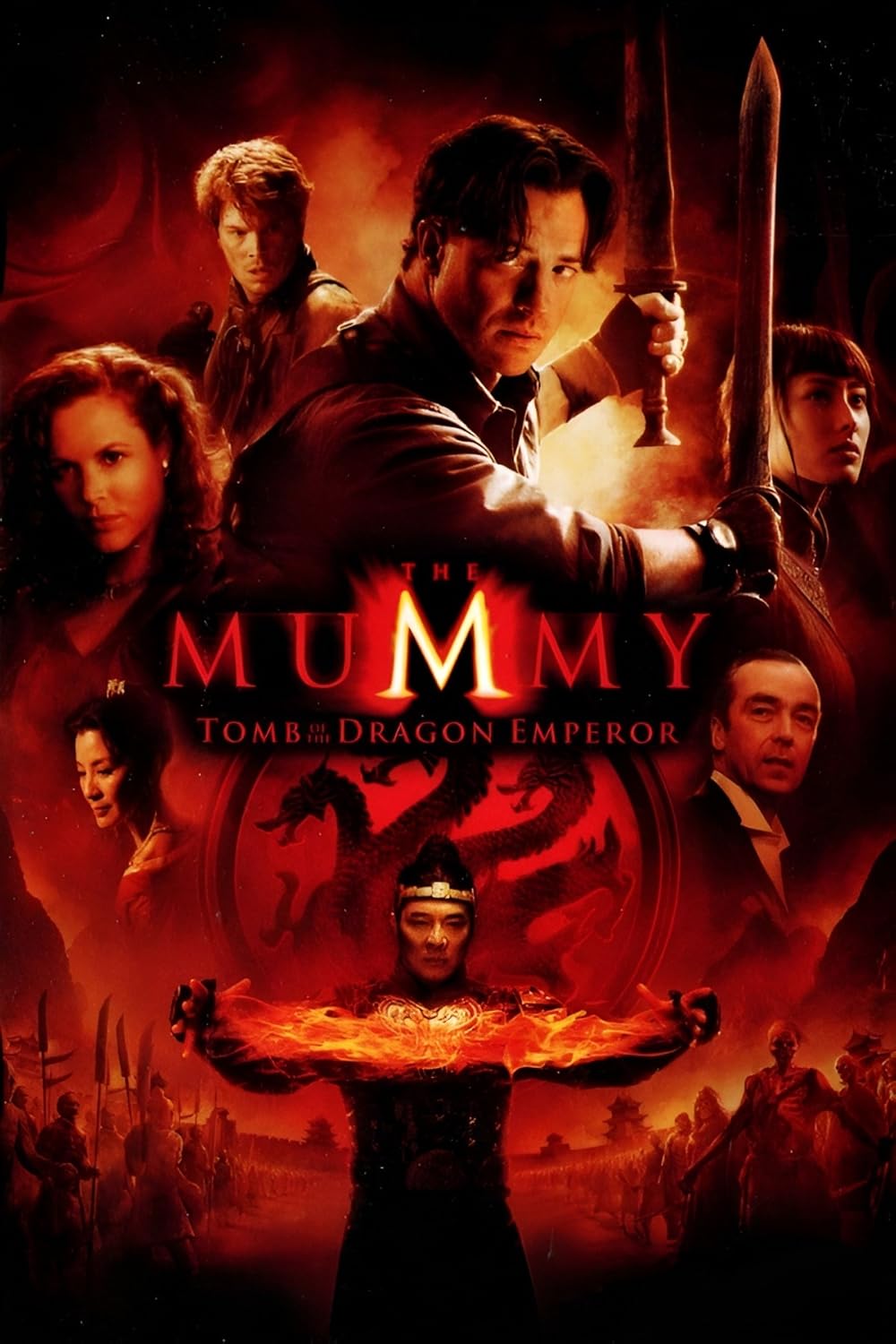
Introduction to The Mummy
The Mummy, a fictional depiction of ancient Egyptian characters, has captivated audiences worldwide for decades. This narrative, rooted in themes of adventure and resurrection, first gained prominence in the early 20th century. Its relevance persists today due to its influence on cinema, literature, and our understanding of ancient cultures.
The Evolution of The Mummy in Film
Starting with the 1932 classic starring Boris Karloff, The Mummy became a corner stone of the Universal Monsters franchise. Subsequent adaptations and remakes, particularly the 1999 film featuring Brendan Fraser, revitalized interest in ancient Egyptian lore but with a contemporary twist. The 1999 version was notable for mixing action, comedy, and horror, which led to the launch of several sequels and spin-offs, cementing The Mummy’s place in pop culture.
Literary Roots and Inspirations
The Mummy’s origins can be traced back to Gothic literature and earlier tales of the undead. The fascination with mummies began in the 19th century, especially during Egyptomania, when numerous Egyptian artifacts were unearthed and showcased in Europe and North America. Authors like Bram Stoker and Agatha Christie incorporated mummies into their works, further embedding these figures into the public imagination.
Modern Interpretations and Cultural Significance
In recent years, The Mummy has seen a resurgence with films, television shows, and even video games inspired by its themes. The 2017 film, intended as a part of Universal’s Dark Universe series, sought to reinterpret the classic narrative for a new generation. However, it received mixed reviews and highlighted the challenges in reviving iconic stories. The continued interest in The Mummy reflects broader societal fascinations with death, the afterlife, and the mysteries of ancient civilizations.
Conclusion
The Mummy’s legacy endures as a cultural phenomenon that highlights the intersection of history and mythology. It represents the universal human intrigue with ancient civilizations and the unknown. As adaptations evolve, so too does the narrative’s relevance in addressing modern themes of mortality and preservation. Future film projects and scholarly research into Egyptian history will likely keep The Mummy alive in the cultural discourse, ensuring its place in both historical and entertainment contexts for years to come.



